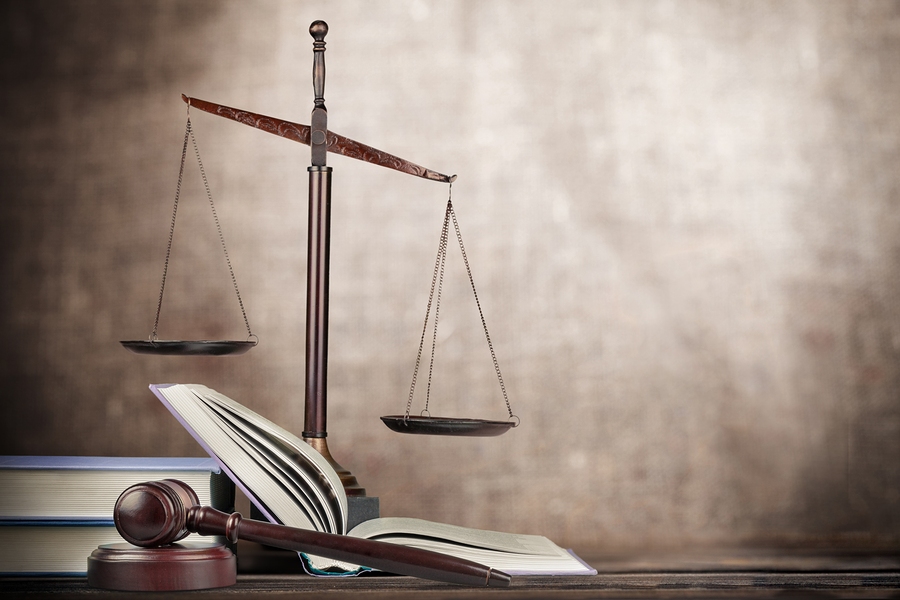In the realm of DUI defense, the conventional wisdom often revolves around challenging breathalyzer results. While these tests play a crucial role in prosecuting driving under the influence cases, there exists a myriad of innovative defense strategies beyond simply contesting breathalyzer readings. From challenging the legality of traffic stops to leveraging technological advancements, navigating DUI charges demands a nuanced approach. Here, we delve into some cutting-edge strategies that defendants should consider when facing DUI allegations.
One potent avenue for mounting a defense lies in questioning the legality of the traffic stop itself. Law enforcement must have reasonable suspicion or probable cause to initiate a traffic stop. Any deviation from this requirement can render subsequent evidence, including breathalyzer results, inadmissible. Attorneys adept in DUI defense meticulously scrutinize police conduct leading up to the stop, searching for any violations of constitutional rights. If the stop was unlawful, it can serve as a linchpin in dismantling the prosecution’s case.
Moreover, advancements in technology have opened up new vistas for challenging DUI charges. In particular, the advent of smartphone apps and wearable devices has empowered individuals to monitor their blood alcohol content (BAC) with increasing accuracy. These apps can provide contemporaneous evidence of sobriety, potentially undermining the prosecution’s reliance on breathalyzer results obtained hours after the alleged offense. Defendants can leverage such evidence to challenge the accuracy and reliability of official BAC readings, introducing reasonable doubt into the case.
Another promising avenue for defense involves challenging the calibration and maintenance records of breathalyzer machines. These devices require regular calibration to ensure accuracy, and any lapses in maintenance or calibration procedures can compromise the reliability of their readings. Defense attorneys often subpoena maintenance logs and calibration records to scrutinize the integrity of breathalyzer tests conducted by law enforcement. Even minor discrepancies in these records can cast doubt on the veracity of the results, bolstering the defendant’s case.
Furthermore, expert witness testimony can be instrumental in challenging DUI charges. Forensic toxicologists and other experts can provide invaluable insights into the limitations and potential sources of error in breathalyzer testing. By elucidating the scientific principles underlying BAC measurement, these experts can effectively debunk misconceptions and highlight the fallibility of breathalyzer results. Their testimony can serve to demystify the technical aspects of DUI prosecution, empowering jurors to critically evaluate the evidence presented.
In addition to traditional defense strategies, proactive measures such as enrolling in rehabilitation programs can mitigate the consequences of DUI charges. Demonstrating a commitment to addressing underlying issues such as substance abuse can resonate favorably with judges and prosecutors. By taking proactive steps to address problematic behavior, defendants can signal their willingness to reform and minimize the likelihood of harsh penalties.
In conclusion, while breathalyzer results remain a cornerstone of DUI prosecution, innovative defense strategies offer avenues for challenging these charges. From contesting the legality of traffic stops to leveraging technological advancements and expert witness testimony, defendants have a range of tools at their disposal. By adopting a proactive and multifaceted approach to DUI defense, individuals can effectively safeguard their rights and mitigate the consequences of DUI allegations.
For further insights into DUI defense strategies, consult leading attorney Hart J Levin…
